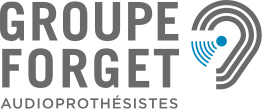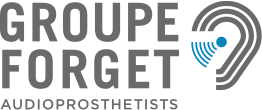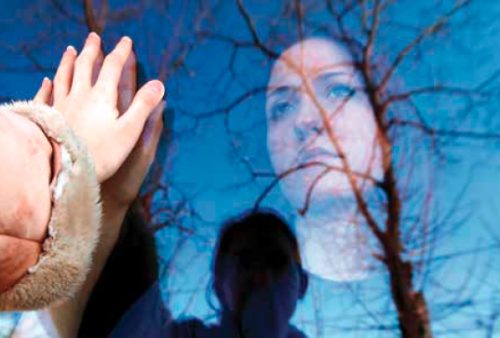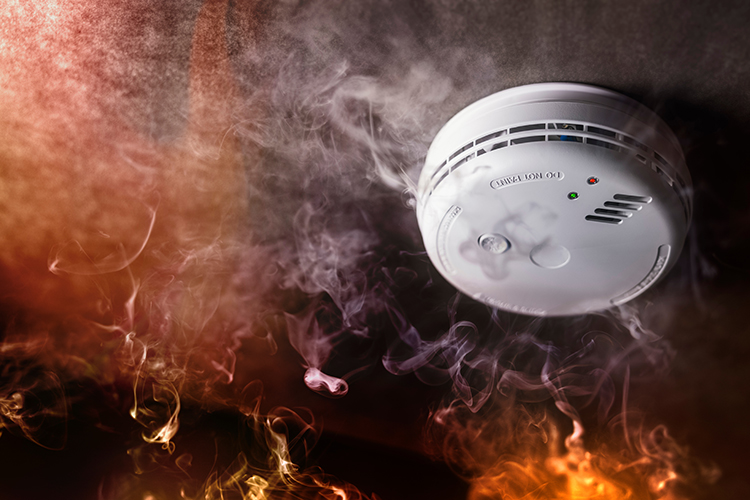
Is Our Safety at Risk Due to Hearing Loss
Hearing impairment raises many questions about communication abilities, but we must never overlook the safety implications.
Can the person hear their alarm clock or the oven timer? Can they hear an approaching car when crossing the street, or the smoke detector?
Can I detect the fire alarm or the home security alarm—even at night?
There are various devices, especially environmental control systems, that can detect alarms and convert sound into visual or vibratory signals (such as a vibrating pad placed under the bed). These tools help ensure the safety of individuals with hearing loss both during the day and at night.
Most municipalities offer emergency planning or evacuation systems specifically designed for people with disabilities, including hearing loss or reduced mobility. Registration is free and allows emergency services to maintain a database for identifying and assisting affected individuals.
Don’t hesitate to contact your local government to inform them of your situation!
Can I detect the phone ringing, the doorbell, the alarm clock, or the oven timer?
Beyond environmental control systems, there are many technological accessories available that offer alternative ways to detect sounds. For example, smartwatches with vibration features can notify you of phone calls or doorbell rings. You can also program them to alert you when your laundry cycle ends or when your oven finishes cooking. Smartphones and smart home systems offer many similar options!
Did I forget to turn off my car’s turn signal? Will I hear cars when crossing the street? How will I know if I left the faucet running?
A person with hearing loss can stay safe on the road by developing good habits and using alternative strategies. Most car indicators include visual signals—for instance, your turn signal produces both a sound and a blinking light.
The same applies when crossing the street. Visually scanning your surroundings helps prevent accidents. Being aware of your visual environment can compensate for many auditory challenges.
Don’t hesitate to discuss any difficulties with a hearing care professional to ensure all necessary safety measures are in place. Together, you can identify the best solutions for your needs.

